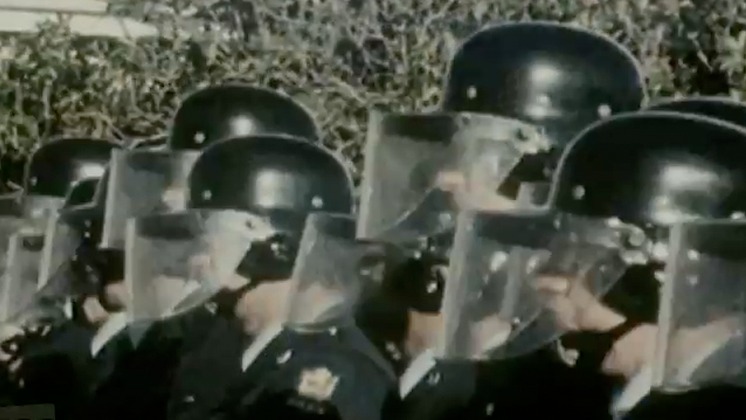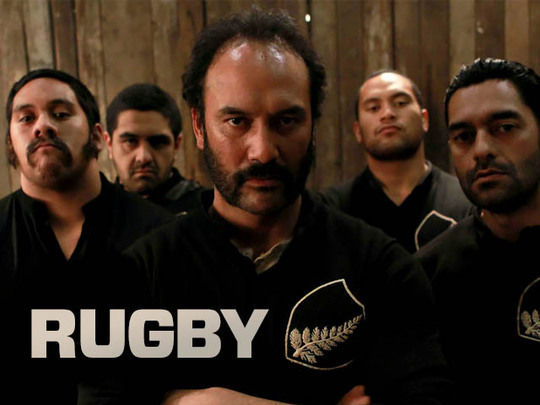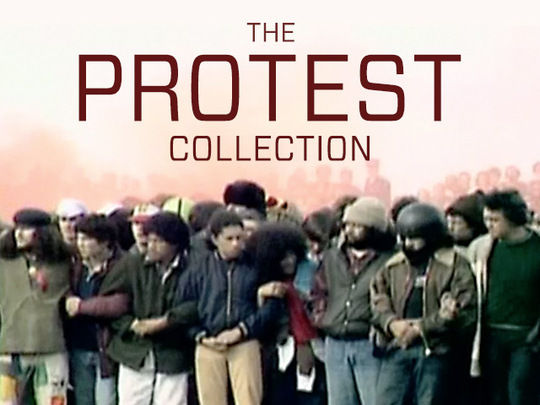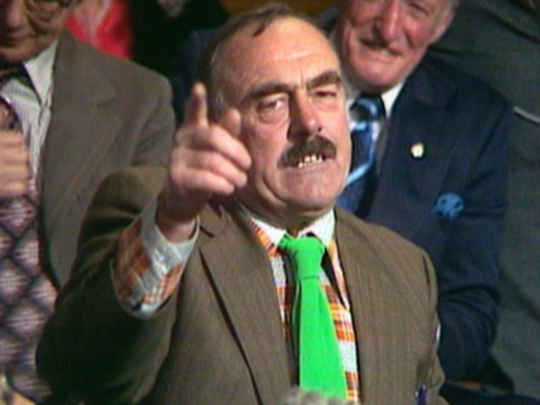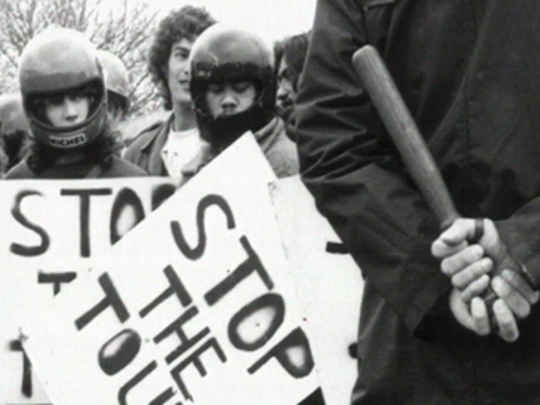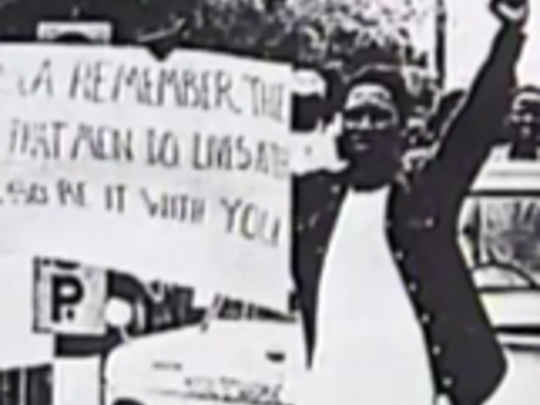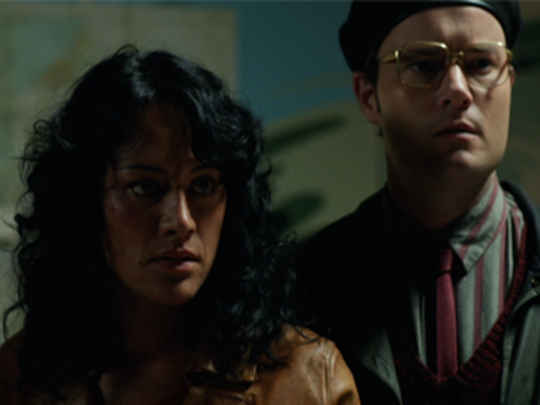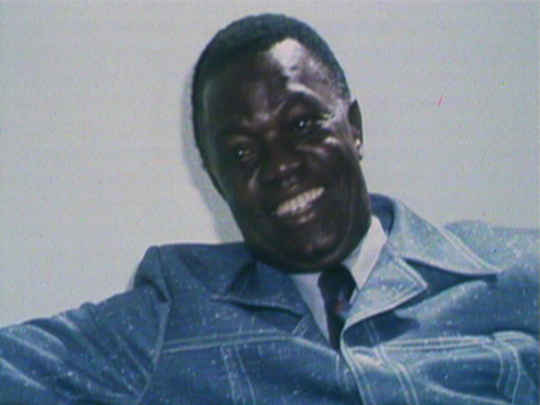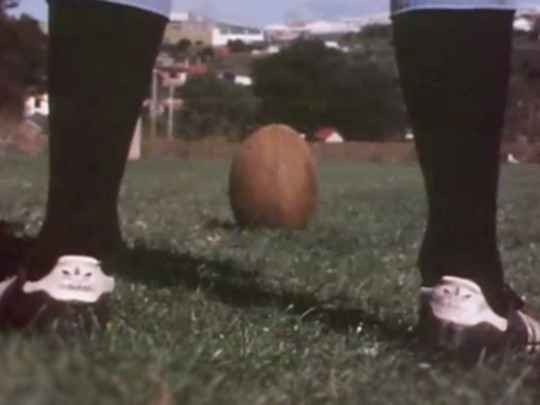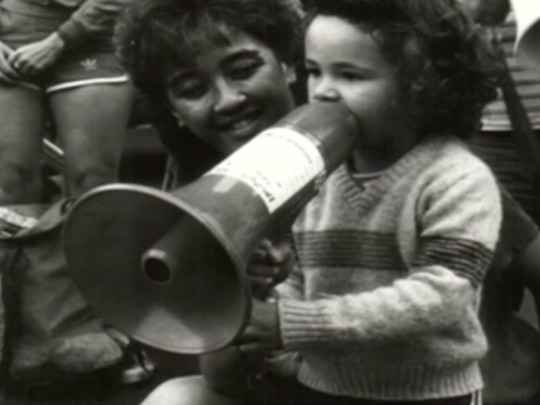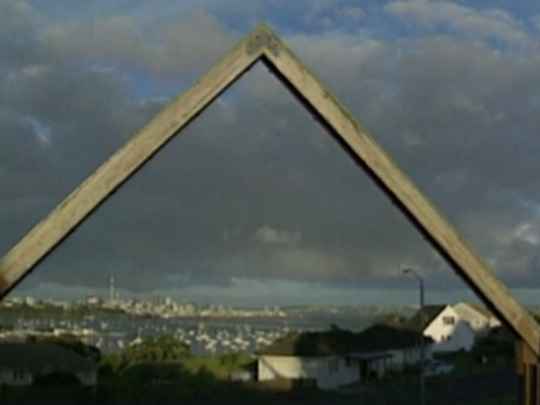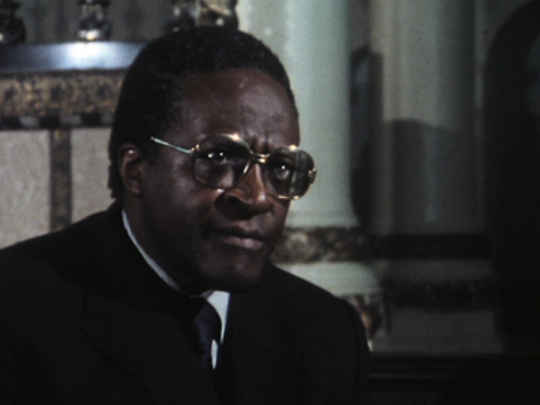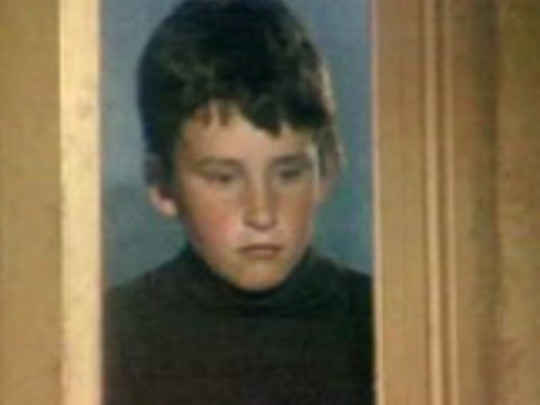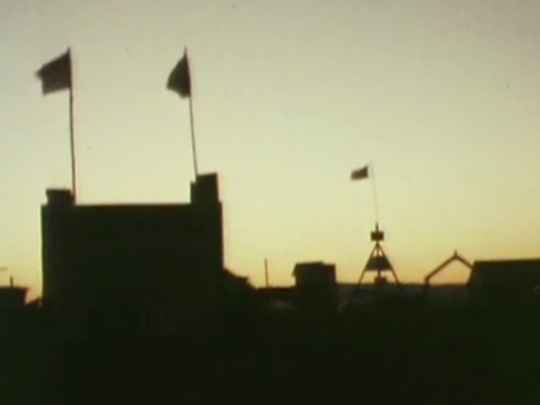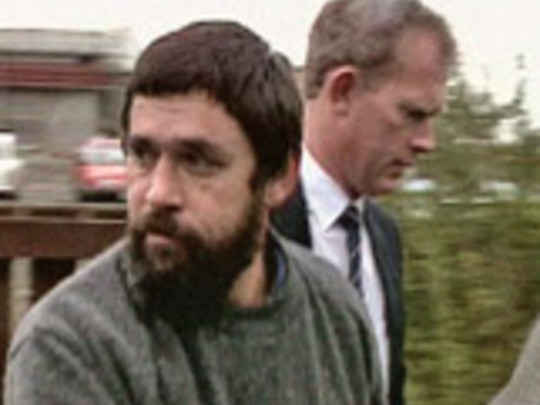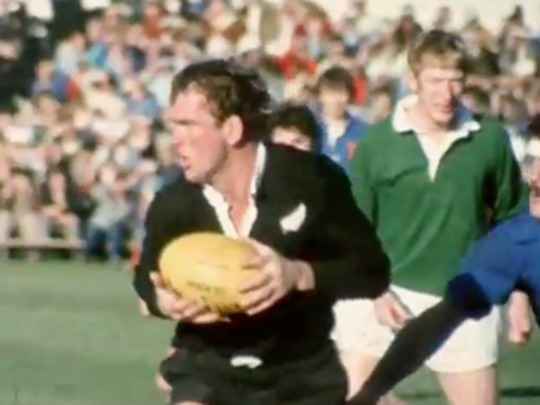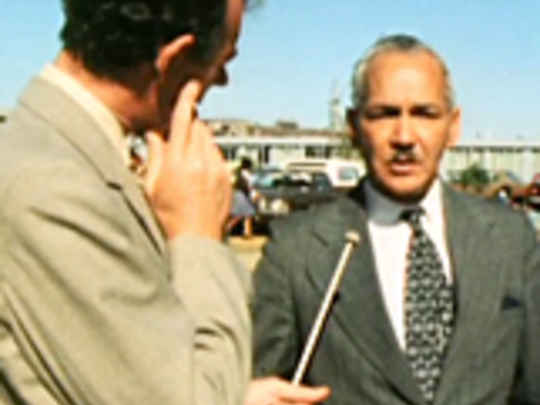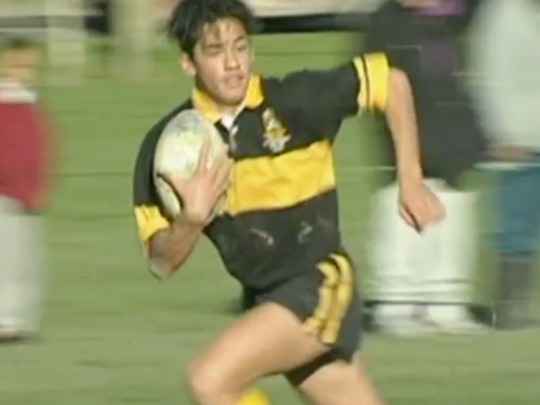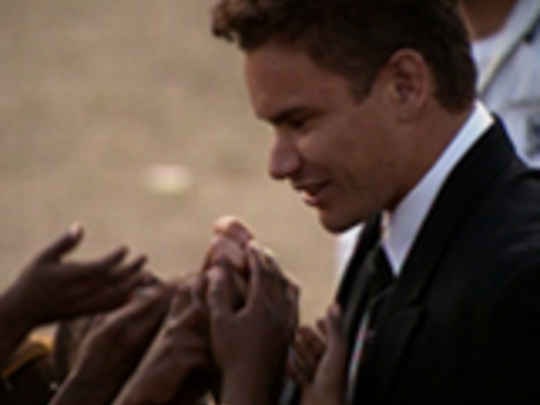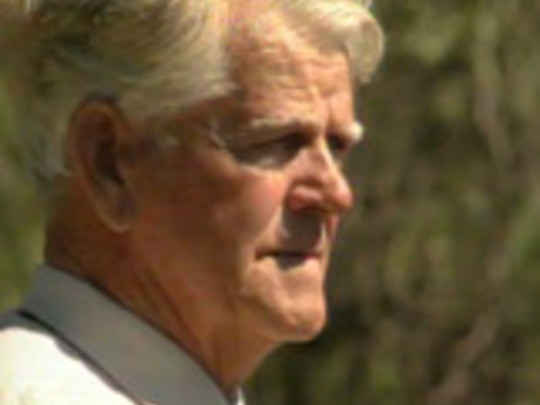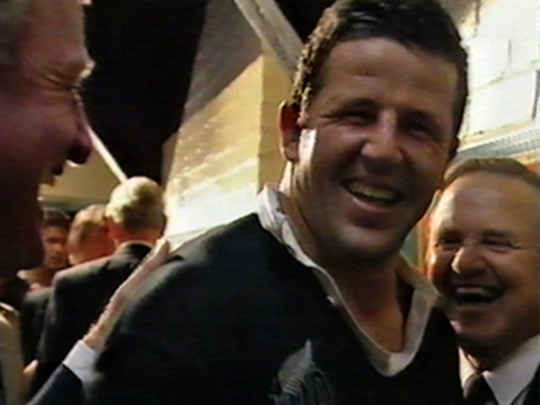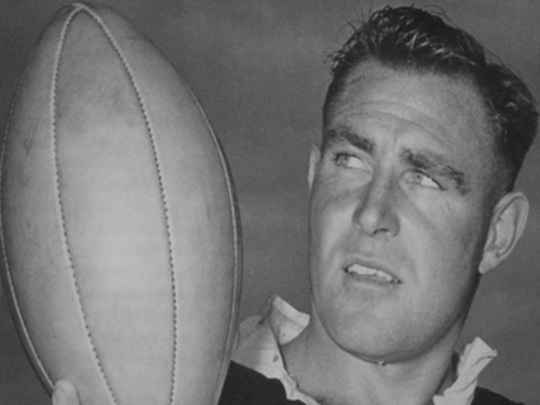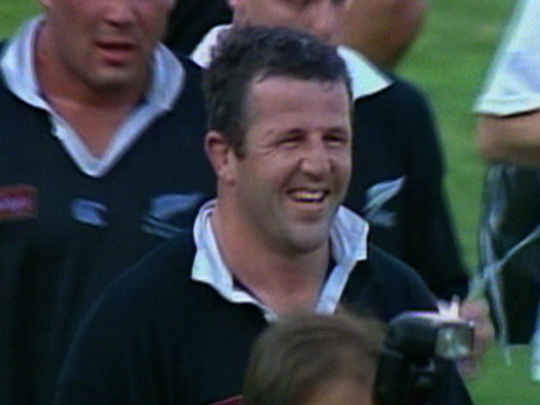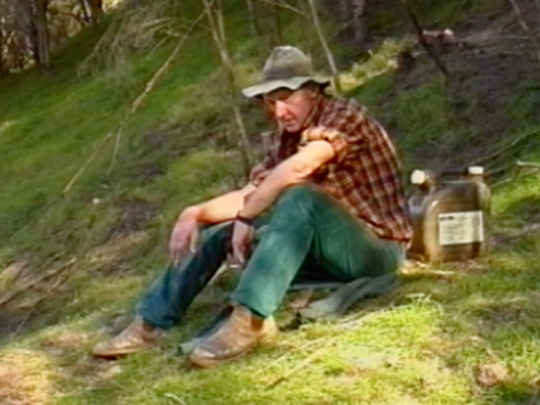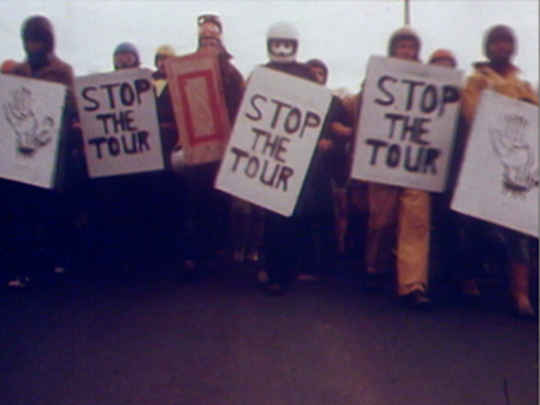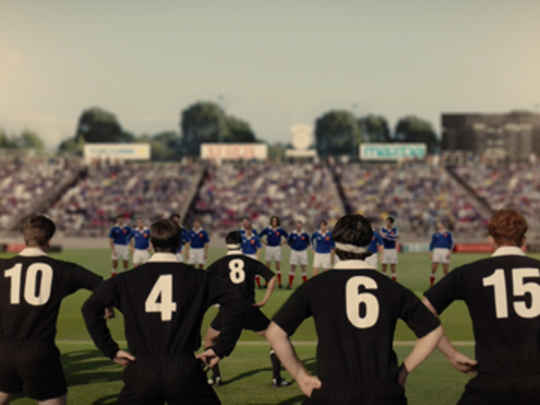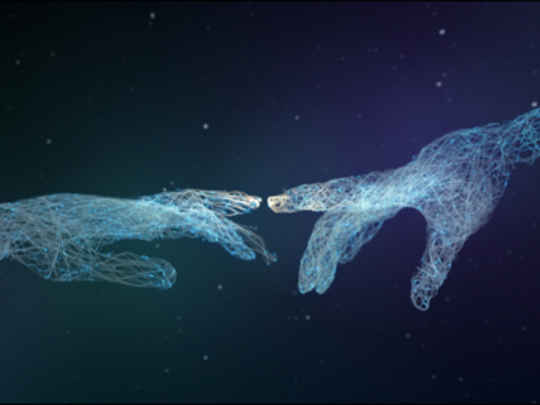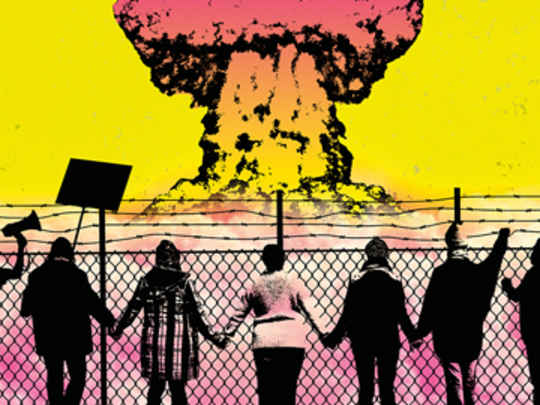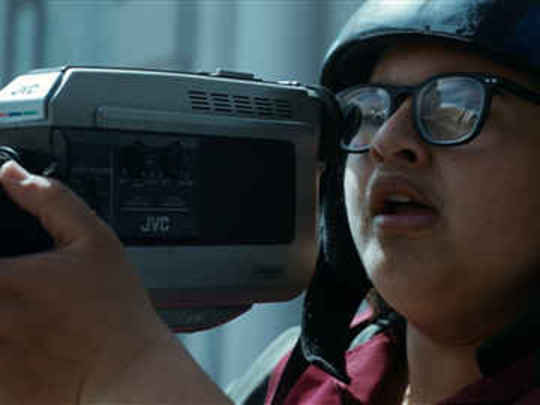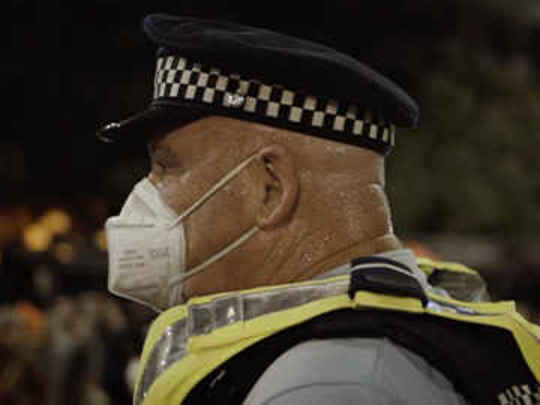Try Revolution
Television (Excerpts) – 2006
A Perspective
When Nigeria (and 24 other African countries) boycotted the 1978 Commonwealth Games in protest at New Zealand's sporting links with Apartheid-era South Africa, critics loudly proclaimed that sport and politics should not mix. The Government of New Zealand agreed, and a confrontation with the snowballing anti-apartheid movement became inevitable.
By 1981 white South Africa felt "on top of things". Internal opposition from black protesters was split, with the African National Congress firmly on the back foot. For the Boers, life as international pariahs was not too bad. They could still enjoy a game of rugby with their old friends and rivals, the All Blacks.
But not for long.
As an expatriate, director Leanne Pooley was perhaps ideally placed to think ‘outside the box' and ask a startlingly obvious question:
"For 20 years I've heard how [the 1981 Springbok Tour protests] tore New Zealand apart, but I've never heard the actual thing it was meant to be about: what the impact was [on South Africans]. I was curious."
It's a great angle to take, and historically, perhaps, a much bigger subject. The impact of the tour on New Zealand was violent, but nothing like the seismic shift it facilitated in South Africa.
Pooley seeks to document a profound psychological change. Her thesis is that watching the events taking place on the streets of New Zealand shocked our white neighbours out of their complacency.
To this end, she neatly recreates their sense of shock by intercutting imagery of clashes between police and protesters. A generation on, the violence seems even more startling.
To armchair racists, long inured to pictures of blacks being brutalized in the slums of Soweto, this was a disturbing novelty. Now the blood was running on white skin.
The key event was the game in Hamilton (which protestors succeeded in stopping). TV had only been around for five years in South Africa. Across the country, people were glued to their brand new televisions, ready to receive their first ever live sporting broadcast. What they saw was fences being pulled down, protestors linking arms, and lines of police.
It's not surprising that blacks might have gained in morale and confidence from observing the anti-apartheid protests. "It was like the sun coming out", says Archbishop Desmond Tutu in the documentary.
What is surprising is the heartfelt confessions of white rugby fanatics. The testimonies of those whose consciousness was raised speaks to the impact of common human values even after years of racist conditioning. As Wynand Claasen, Springbok Captain on the 1981 tour reflects:
"To see strife between families in New Zealand and how it really ripped the country apart, well I think that's quite bad, and then realising this isn't the way it should be ... that was a big eye opener."
Try Revolution was a finalist for Best Documentary in the 2007 Qantas NZ Screen Awards.
